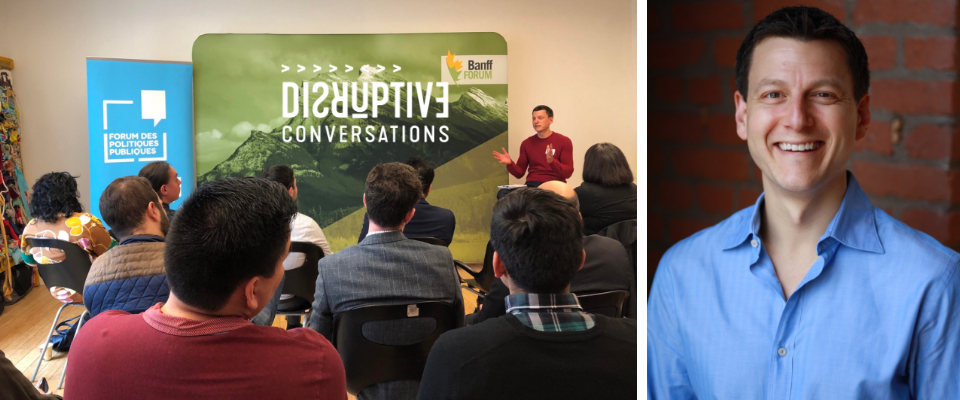In this conversation with Jon Shell, we talk about a range of topics loosely connected to Impact Investing. Jon, throughout this episode, problematized a lot of the language people use. For example, instead of talking about the Future of Work, he talks about the Present of work. I really enjoyed this conversation and some of the take ways I have got from it. Here are the ones that stood out for me:
Focus your energy on changing one small thing.
I almost missed this insight. In the end, it stood out the most. Jon and his team, at the time of the recording, decided to focus on one thing that they could change. I think it is such a good insight and reminds me of setting priorities. If you have one priority it is hard to get distracted. It is hard to suffer from mission drift. Focusing on one thing really helps you stay on course.
One encounter can change the course of your life.
Jon tells the story of how he met Bill Young, the founder of Social Capital Partners. He went to that meeting for one thing and at the end of the meeting, Bill offered him a job. That one meeting changed what he was doing from that day forward.
There is no future of work it is already here.
Jon and I talk about how work has been changing for many years. The conversations about the future of work and the role of automation are already happening to people in all parts of the workforce. What Jon is most interested in, at the moment, is getting people to talk about how our systems are designed around permanent work. As a result, people are self-employed have to do things that that other people do not have to do. It should not take a self-employed person three times as long to file taxes. Yet, our system is designed with the assumption that most people are permanent employees. Jon is trying to change that narrative.
We should check our assumptions.
Be smarter than a pigeon. You going to need to listen to the episode to get this one, but so many systems are built on a set of assumptions and the assumptions are never revisited. If you put a pigeon in a cage with two feeders and only put food in one feeder, the bird will periodically check to see if there is food in the second feeder. The pigeon has an ingrained system to check assumption but the systems we build do not.
There are levels of complexity in any system you are trying to change.
Jon highlight three levels of complexity that I reframe as follows:
- Equality of opportunity.
- The system usually has successful examples in it.
- We need to be intentional about the platforms we build and not take the ones that presented to us by the most powerful players in the system.
I hope you enjoy this episode.
You can learn more about Jon and his work at:
